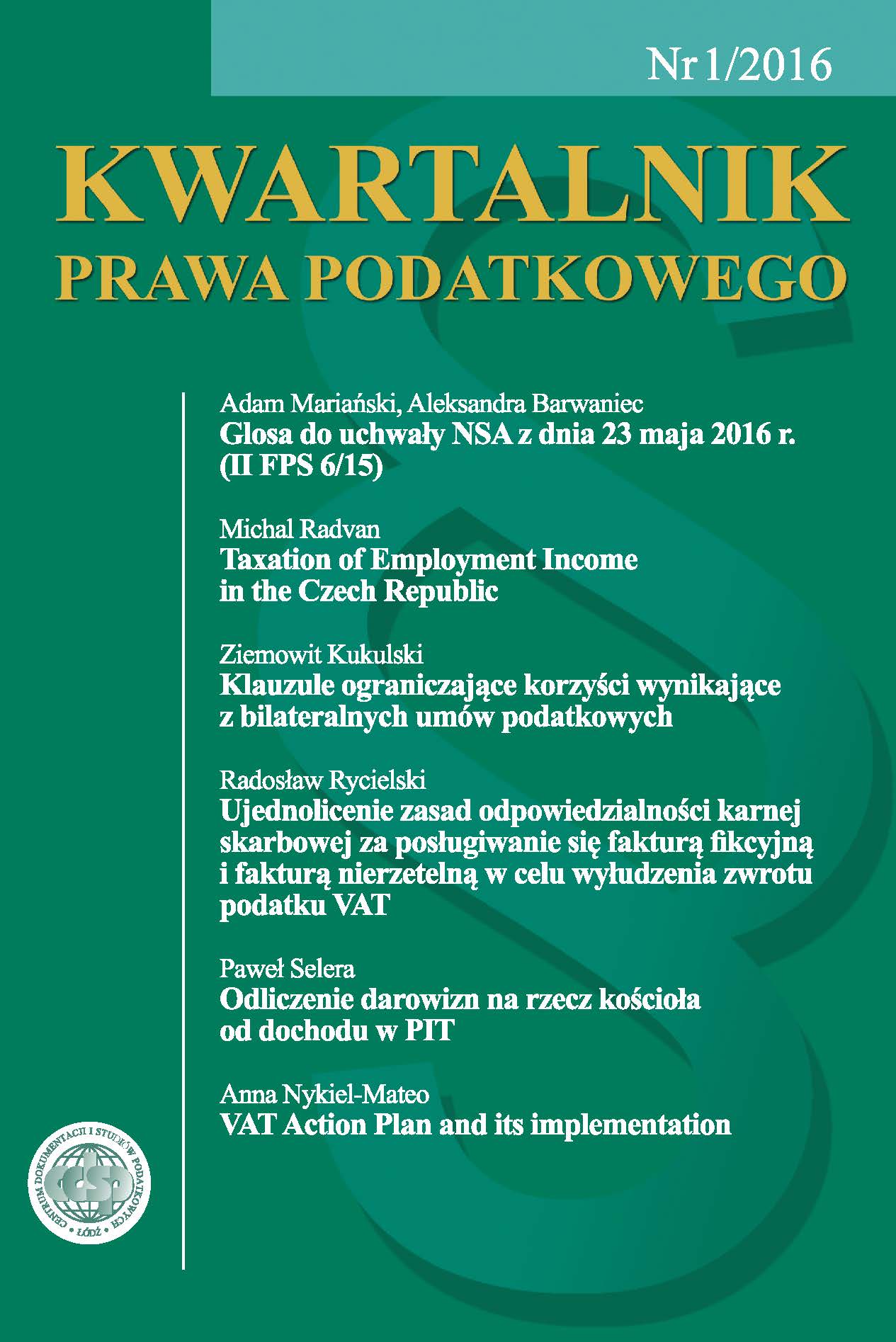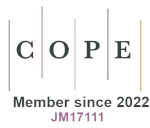Klauzule ograniczające korzyści wynikające z bilateralnych umów podatkowych w polskiej praktyce traktatowej
DOI:
https://doi.org/10.18778/1509-877X.2016.01.03Abstrakt
The article deals with limitation of tax treaty benefits in Polish tax treaty practice. It analyzes the OECD/G20 guidelines in the area of prevention against qualified tax avoidance which includes inter alia treaty shopping practices, tax treaty abuse practices – so called aggressive tax planning and double non-taxation. On the level of tax treaty law, clauses limiting cases of qualified tax avoidance may take a form of: 1) a minimum standard of protection which is considered as a general treaty anti-avoidance clause referring to the principal purpose test, 2) limitation of benefits clause (LOB-clause) modeled on art. 22 US Model Convention, and 3) the combination of the two above-mentioned approaches. In addition to these, in countries’ tax treaty practice there are also special clauses against tax avoidance, inter alia: the beneficial ownership clause, immovable property clause, switch-over clause and the clause which permits the taxation of unrealized capital gains in case of transfer of assets, tax residence or permanent establishment to another country (exit/departure tax). Each type of clause is present in the bilateral tax treaties, of which Poland is a party to. The author analyzes the advantages and disadvantages of these clauses in the context of limiting the benefits of a bilateral double taxation agreement in Polish treaty practice.
Pobrania
Pobrania
Opublikowane
Jak cytować
Numer
Dział
Licencja

Utwór dostępny jest na licencji Creative Commons Uznanie autorstwa – Użycie niekomercyjne – Bez utworów zależnych 4.0 Międzynarodowe.
PlumX metrics









